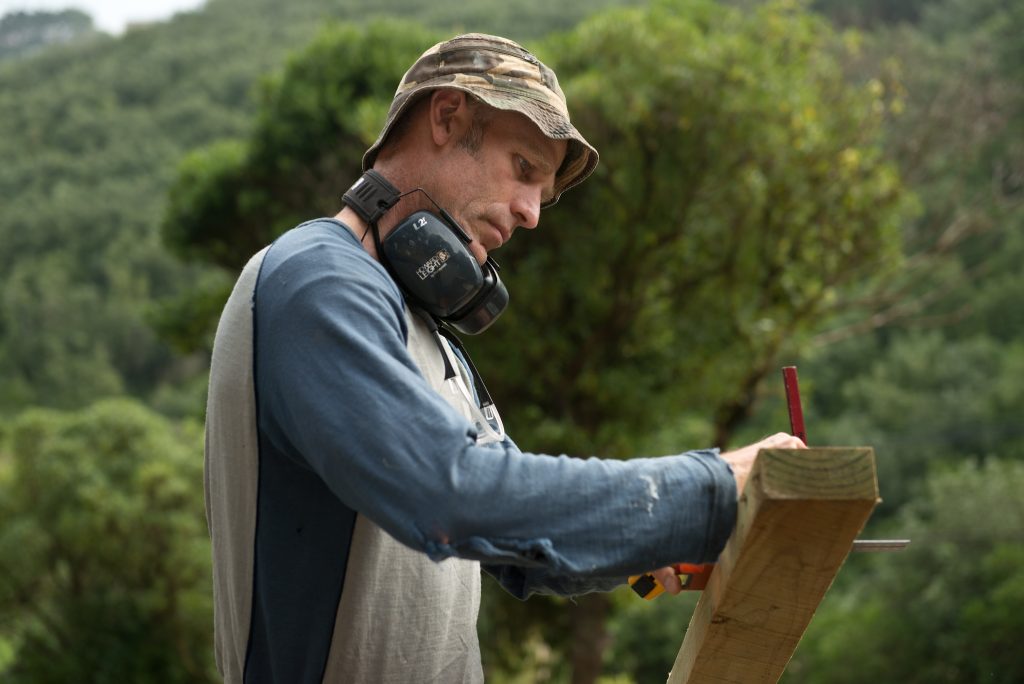ACC has worked with the Goodfellow Unit to release a new module on Work Capacity Certification.
Striking the right balance between recovery, rehabilitation, and a safe and successful return to work is one of the most challenging aspects of clinical practice. The module has been developed in response to requests from general practitioners and urgent care physicians for support in prescribing better medical certification for ACC clients.
There is an ever-increasing body of published literature globally that provides strong evidence for the health benefits of work. It’s been found that clinicians play a key role in influencing a positive recovery from injury and return to work, and your decision-making and interactions are key determinants of a positive recovery.
Signing a patient off as fully unfit may seem a safe way forward for recovery. However, this may represent a health risk to the patient. Fully unfit medical certification has been shown to have wider social, economic, health, and intergenerational impacts.
The new module will take you through the evidence and basis for safe certification practice. A scenario-based example is used to illustrate common challenges and barriers to recovery when certifying fitness for work. It also outlines the range of support available at ACC and how to contact us. ACC works alongside you to ensure your patients have access to the right care at the right time as they progress through acute injury, treatment, recovery, and return to independence.
The module is useful for any clinician who treats ACC clients, even if you don’t regularly complete work capacity certificates. The content aims to enhance your interactions with injured patients and facilitate the best health outcome and provide transferrable skills for other potentially challenging consultations.
The module has been written by Paul Abernethy, Strategic Partner at ACC and Registered Nurse, and Dr Penelope Warring, Clinical Advice Manager at ACC and Fellow of the Royal New Zealand College of General Practitioners and The Royal New Zealand College of Urgent Care.


